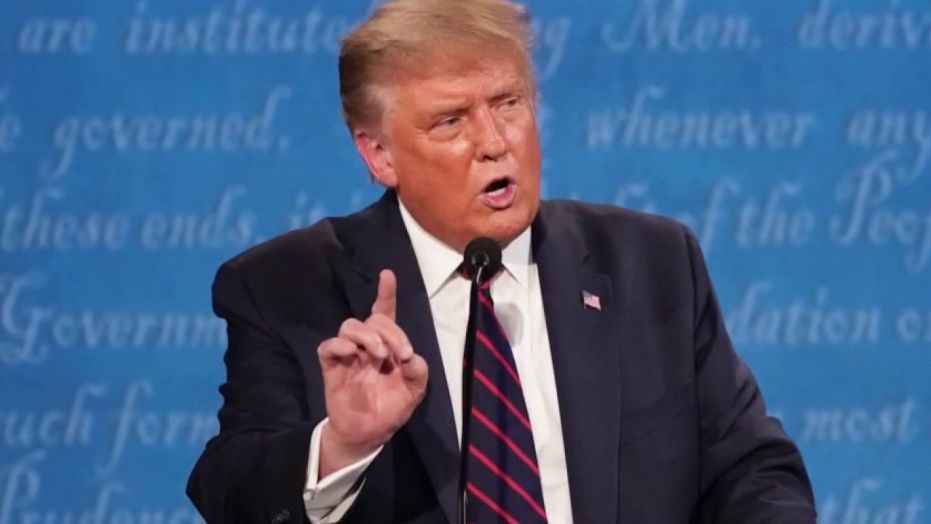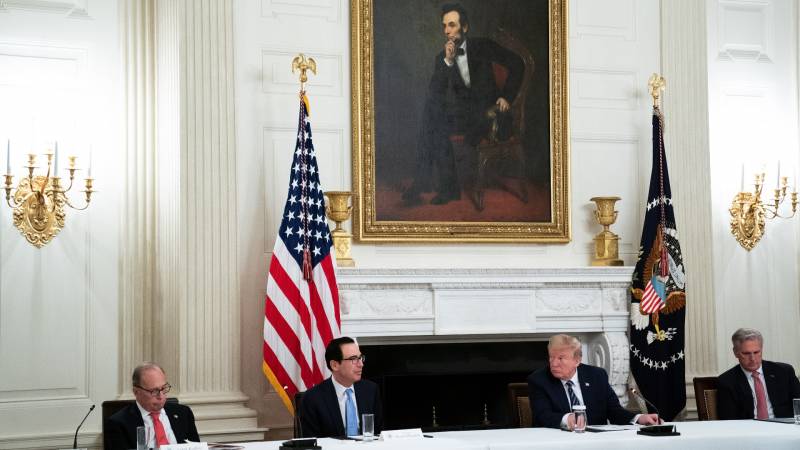TRENTON — New Jersey politics is dealing with a stone-cold “whodunit.”
Two weeks after police dragged progressive activist Sue Altman out of a statehouse hearing room for no apparent reason, political insiders are consumed with every detail surrounding this year’s most viral moment in Garden State politics.
It all started when George E. Norcross III, a South Jersey powerbroker, testified about a controversial tax incentive program he’s been accused of manipulating (he has denied wrongdoing). Altman, his most vocal critic, came with a cadre of supporters to publicly confront him. After the hearing started, a chorus of boos rang out, the committee chairman ordered state police to “clear the back row,” and they instead made a beeline to Altman, who was standing in a different part of the room. Altman, the head of the state’s Working Families Alliance, said she was texting and not making noise before she was dragged out and issued a police citation.
Reporters captured the moment on photo and video. The confrontation quickly ricocheted across social media, with many calling it a blatant abuse of power. The New Jersey Attorney General’s Office and the state police are both conducting formal reviews of what happened. Gov. Phil Murphy said “every senator on that committee owes her a direct apology.” Even Democratic presidential candidate Elizabeth Warren weighed in, calling Altman’s ejection “outrageous.”
“There are moments that capture the zeitgeist, the spirit of the times,” said Ben Dworkin, director of public policy at Rowan University. “The removal of Sue Altman is one of those moments.”
It also become a defining moment for Altman and her campaign to remake New Jersey politics. Activists have used the images to bolster their rallying cry that unelected people like Norcross, a Camden-based insurance executive, hold outsized control in New Jersey.
“I think it is such a visual story,” said Brigid Callahan Harrison, a political science and law professor at Montclair State University. “That is what carries the day now.”
John Currie, the state Democratic Party leader seeking reelection to the post, later took an Inquirer photo for a campaign mailer and added a bright yellow arrow pointed at Norcross with the question: “IS THIS WHO WE WANT IN CONTROL OF OUR DEMOCRATIC PARTY?” Currie is an ally of Murphy and a Norcross foe.
State police will not make the findings of their review public, “per standard practice,” said Sharon Lauchaire, a spokesperson for the Attorney General’s office. State Sen. Loretta Weinberg, the majority leader, called this week for them to do so.
“The decision to have the protester removed was made solely by the State Police,” said Richard McGrath, a spokesperson for New Jersey Senate Democrats. “If they fail to respect the request by [Weinberg] to disclose the report’s findings, we will use subpoena power to make it public.”
The state Legislature has any number of issues to deal with, most notably the decriminalization of marijuana, immigrant rights, and pension reform. But Altman’s removal still dominates the conversation.
“This seems to be taking the air out of the room,” lamented state Sen. Declan O’Scanlon (R., Monmouth) in an interview. But, he added, “there is the serious debate over whether she was targeted purposely.”
There are plenty of theories about how and why Altman was removed, all unsubstantiated at the moment, and some quite far-fetched. But New Jersey political insiders have even taken to circulating and dissecting videos of the incident for clues.
Norcross spokesperson Dan Fee said the buzz is unhelpful. “A small group of people talking to each other and media on Twitter isn’t what I’d describe as ‘taking oxygen out of the room,’ Fee said. “But it is why when it comes to actually winning elections or changing policy, these same activists have failed time and time again.”
“No one with the Senate wanted any member of the public to be denied the opportunity to remain in the room for the hearing,” McGrath said, speaking on behalf of Sweeney and state Sen. Bob Smith, who chaired the hearing.
Some, including Sweeney, have said Altman — who by her own admission was there to protest — orchestrated her own removal. They point to her tweet moments before her removal, when she said: “Not Arrested!! (Yet).”
“I’m disappointed the way it happened,” Sweeney said, according to Politico. “But she’d planned to be arrested, she even said that. She got the attention she wanted.”
“It was a joke in response to a tweet before it,” Altman responded. “I admit that we wanted to be noisy, and told reporters they could look for disruption. … If the Working Families Party had a plan to get arrested, it’d be far more spectacular and civil disobedience-y.”
Amid the fever pitch that followed the incident, Norcross, during an appearance the next day reported by NJ.com, said he was “disappointed” by her removal, but “had never met her before. I wasn’t sure who she was.”
Altman was also talk of the town at an annual politics convention called “The League,” which kicked off in Atlantic City the day after the hearing. Altman attended.
“When Sue came into the room, all eyes were on her,” said Anne-Marie Principe, a lobbyist and regular attendee of the convention. “Most legislators really didn’t know what to do and how to handle it.”
Even lawmakers with liberal bona fides got caught in the crosshairs. Weinberg, long considered a mentor to activists in New Jersey, released a statement after the hearing praising committee members “for their work on the challenging issue of tax incentives and economic growth, despite the disruptions at today’s hearing.”
Following a chorus of criticism from Altman supporters, Weinberg offered a different view a week later.
“I cannot recall ever seeing anything like the embarrassing moments, which were subsequently caught in many photos, as Sue Altman was being literally dragged out of the room,” Weinberg said on Facebook.
On Tuesday, Weinberg emphasized the importance of an official airing of the facts.
“While we have no reasons to think that the State Troopers did anything wrong,” she said in a statement, “the review of their actions and decisions will help maintain the public’s trust.”


